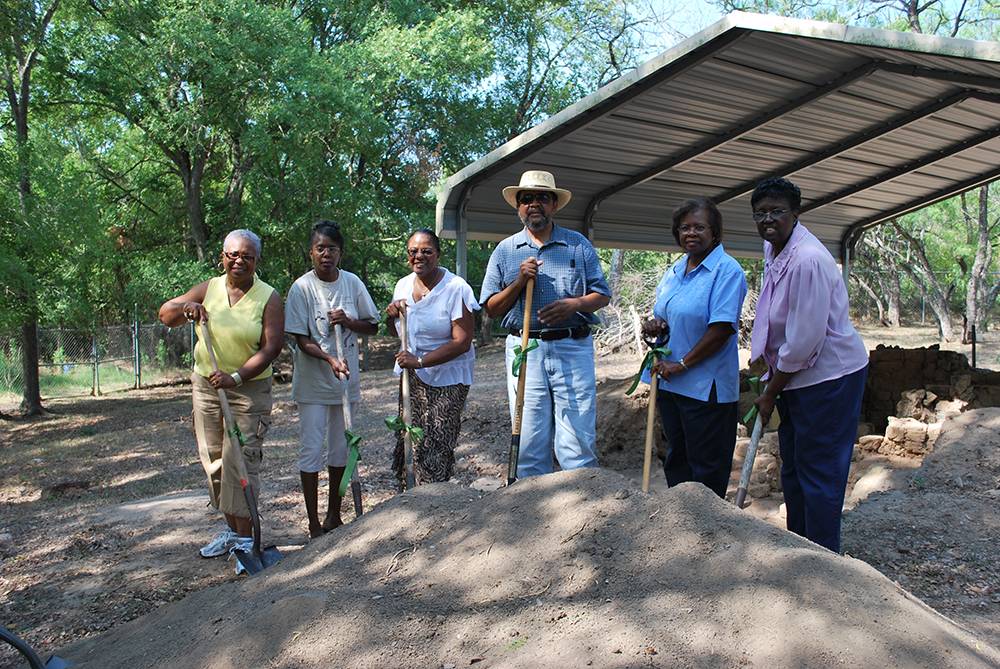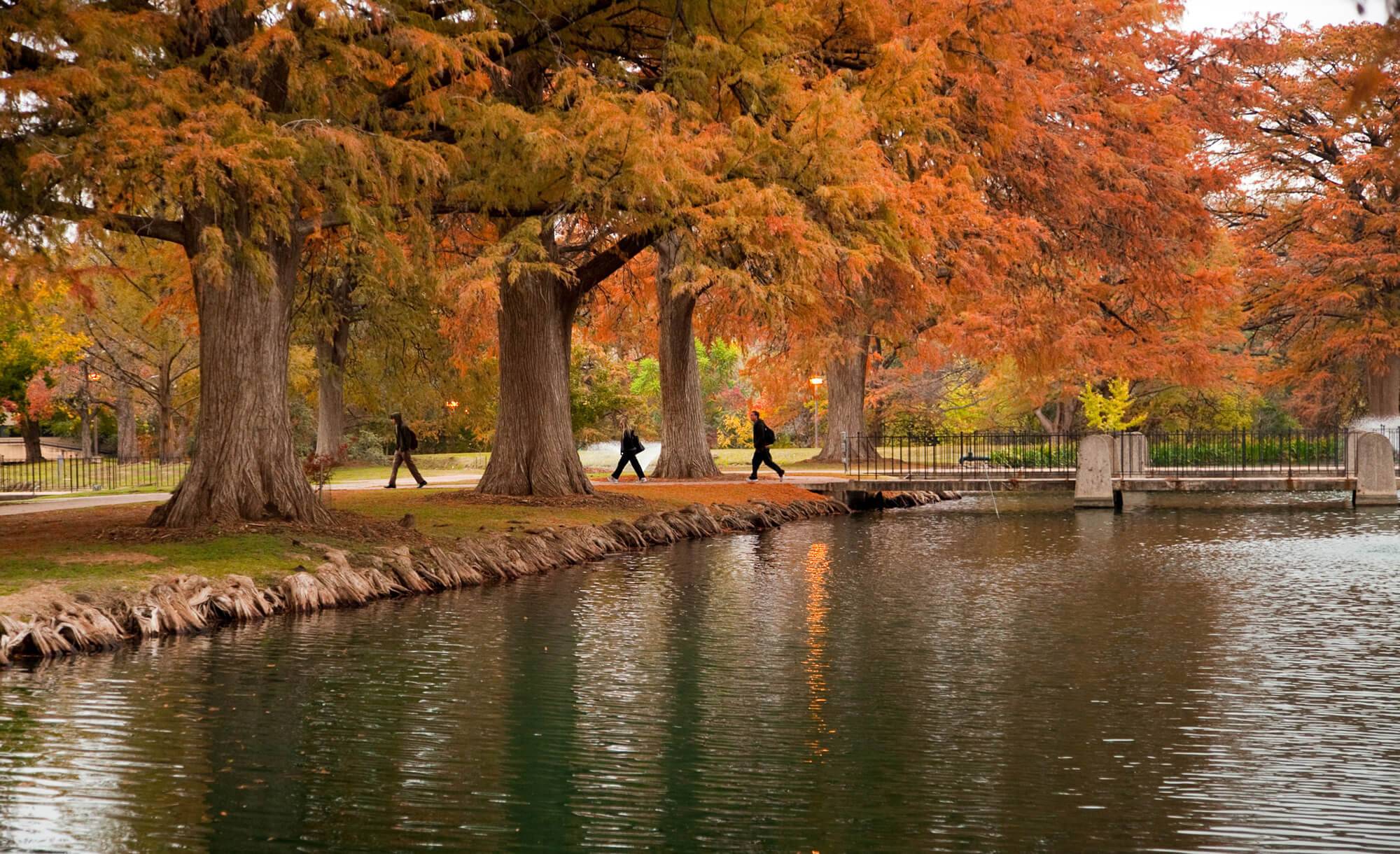
The Wilson-Durham-Chandler site, 41GU4, is located near the old community of Capote, east of Seguin, in Guadalupe County, Texas. It is one of three archaeological sites that hold the remains of a pottery manufacturing business operated by members of the Wilson family before and following the Civil War. The first of these sites was owned by a slave holder, John McKamie Wilson, and was managed by several of his slaves from ca. 1857 to 1869. After emancipation, those former slaves became some of the earliest African American entrepreneurs in Texas. Hiram Wilson established and ran the H. Wilson and Company pottery business with the aid of James, Wallace, George, and Andrew Wilson from 1869 to 1884. In 1869, James and Wallace Wilson bought into the Wilson-Durham-Chandler pottery manufacturing business and worked as partners with Marion Durham and John Chandler until the operation closed in 1903.
Work conducted by the Center for Archaeological Studies, under contract with the Wilson Pottery Foundation and sponsored by the foundation with a grant from the Texas Historical Commission, was undertaken in 2007-2009 to document and conserve the remains of the Wilson-Durham-Chandler site and to protect the location of important socioeconomic transitions following the Civil War. Today, these material remains along with other significant locations in Seguin, including the other Wilson pottery sites, the Capote community church, cemetery, and schoolhouse, and the Wilson Pottery Museum (currently under construction/rennovation) all function to link members of modern society with important people and events from the past. In this way, this project has sought to fulfill archaeological goals of documentation and conservation, but also to perform a social role for archaeology in providing and protecting material remains of the past so that people today can use them to understand their origins, contemplate this country's history, and shape present-day social identity.
Pictured above: Wilson Pottery Foundation Members ceremonially throwing the first shovels of dirt onto the beehive kiln to begin the work of conservation.
